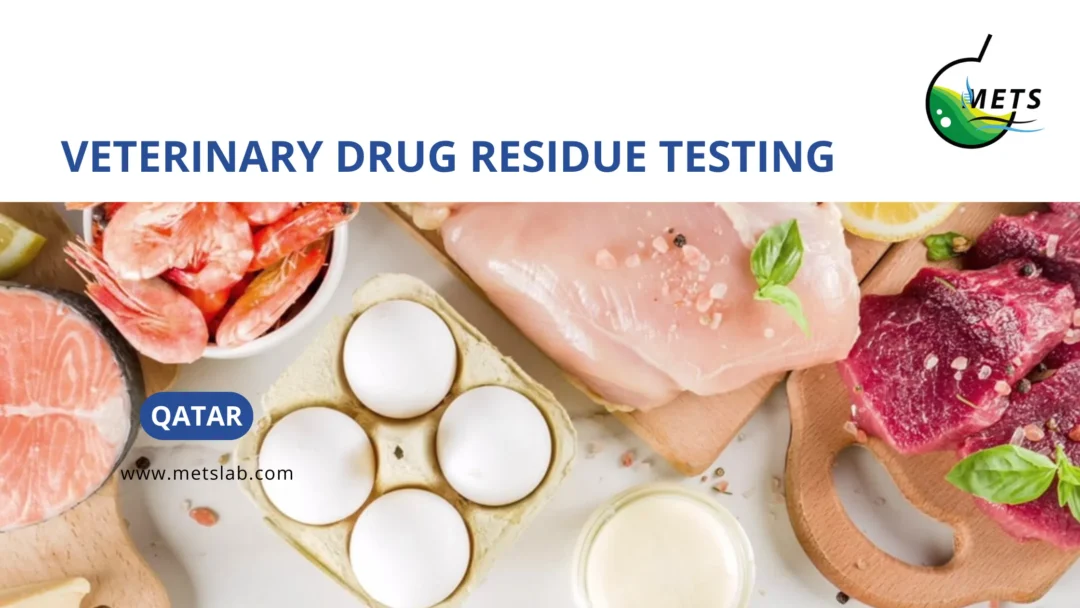
Animal-derived products such as meat, milk, eggs, and feed form a vital part of global food supply chains.
However, the intensive use of veterinary drugs in livestock farming—ranging from antibiotics to growth promoters—can leave behind residues that pose significant risks to human health and food safety.
This is where veterinary drug residue testing becomes essential.
At METS Lab, accredited under ISO/IEC 17025, specialized testing services are conducted using advanced techniques like Liquid Chromatography-Mass Spectrometry (LC-MS/MS) under the method METS IP-302.
These tests help ensure compliance with both international and regional regulations, including standards mandated by Qatar’s Ministry of Public Health (MOPH) and the Gulf Cooperation Council (GCC).
Why Veterinary Drug Residue Testing Matters
Veterinary drugs are used to prevent and treat diseases in animals, improve productivity, and maintain livestock health.
However, improper withdrawal periods, overdosing, or misuse can result in residues persisting in animal products. Common drug groups include:
Antibiotics (tetracyclines, sulfonamides)
Anthelmintics (ivermectin)
Coccidiostats
Nonsteroidal anti-inflammatory drugs (NSAIDs)
Sedatives
Corticosteroids
Beta-agonists
Anabolic hormones
Residues above permissible levels can cause:
Antimicrobial resistance (AMR): A global public health crisis making infections harder to treat.
Hormonal imbalances: Resulting from steroid or hormone residues.
Allergic reactions: Triggered by antibiotic traces.
Food safety concerns: Compromising consumer trust and trade compliance.
To safeguard consumers, regulatory authorities enforce strict Maximum Residue Limits (MRLs) defined under EU Regulation 37/2010 and the GSO 2315 standards.
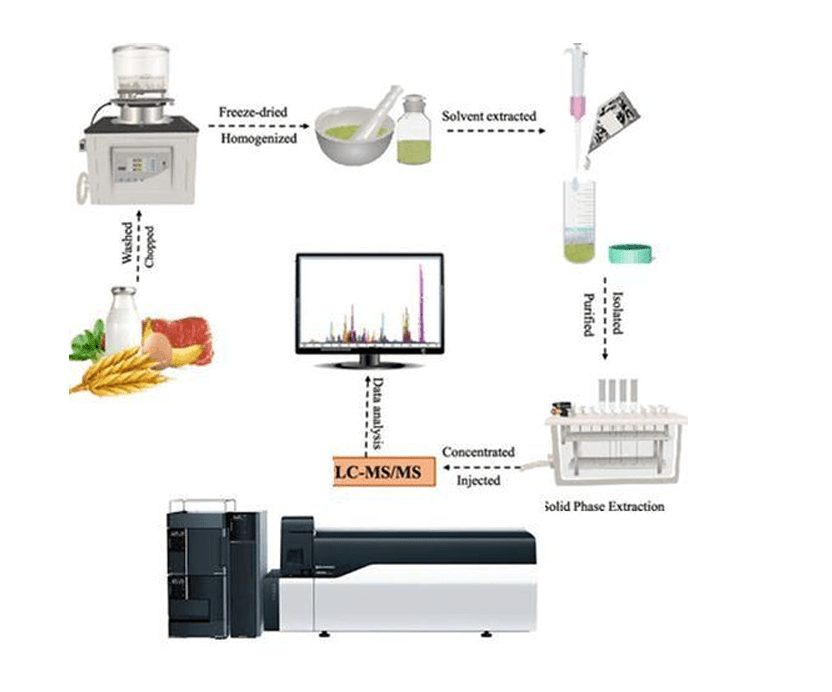
Regulatory Framework for Food Safety
Testing is not optional—it is mandatory for both imported and locally produced animal products in Qatar and across GCC markets. Authorities require residue testing to guarantee that products adhere to MRLs before they reach consumers.
Qatar MOPH: Ensures local and imported products meet safety benchmarks.
GCC Standards: Harmonize residue limits across member states.
EU & Codex Standards: Internationally recognized guidelines for safe trade.
Pre-shipment verification is a crucial step for exporters and importers. Without certified residue testing, consignments can face rejection, recalls, or trade bans.
Advanced Testing Techniques: LC-MS/MS and ELISA
Modern laboratories rely on high-sensitivity testing methods to detect even trace amounts of veterinary residues. Two widely used techniques are:
1. Liquid Chromatography-Mass Spectrometry (LC-MS/MS)
The gold standard for veterinary drug residue analysis, LC-MS/MS offers:
High sensitivity and specificity for detecting multiple drug residues in a single run.
Accurate quantification to ensure compliance with international MRLs.
Reliable results suitable for regulatory submission and export documentation.
METS Lab applies LC-MS/MS under METS IP-302 to test a wide spectrum of veterinary drugs across meat, milk, eggs, and feed products.
2. Enzyme-Linked Immunosorbent Assay (ELISA)
A cost-effective screening method that helps in rapid detection of specific residues before confirmatory LC-MS/MS testing.
By combining these methods, METS Lab delivers both screening and confirmatory testing, ensuring a robust approach to residue monitoring.
Products Requiring Veterinary Residue Testing
To comply with safety standards, residue testing is mandated for a variety of animal-derived products:
Meat and poultry – ensuring no banned growth promoters or antibiotics remain.
Dairy products – milk and cheese must be free from antibiotic residues.
Eggs – tested for coccidiostats and other residues.
Animal feed – critical for preventing the indirect transfer of residues into food.
Testing extends beyond local consumption—products destined for export markets undergo rigorous screening to avoid non-compliance at customs checkpoints.
METS Lab: Ensuring Compliance and Consumer Safety
As a trusted partner in food safety and regulatory compliance, METS Lab offers:
ISO/IEC 17025 accredited testing services
Compliance with GCC, EU, and Codex standards
Expert testing via LC-MS/MS and ELISA
Support for exporters and importers in pre-shipment verification
By partnering with METS Lab, producers, importers, and exporters can ensure that their products are safe, compliant, and market-ready.
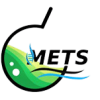
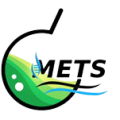




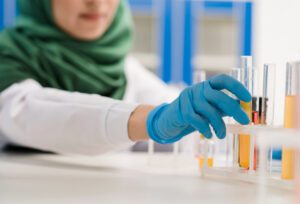
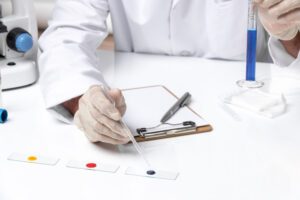
No comment yet, add your voice below!